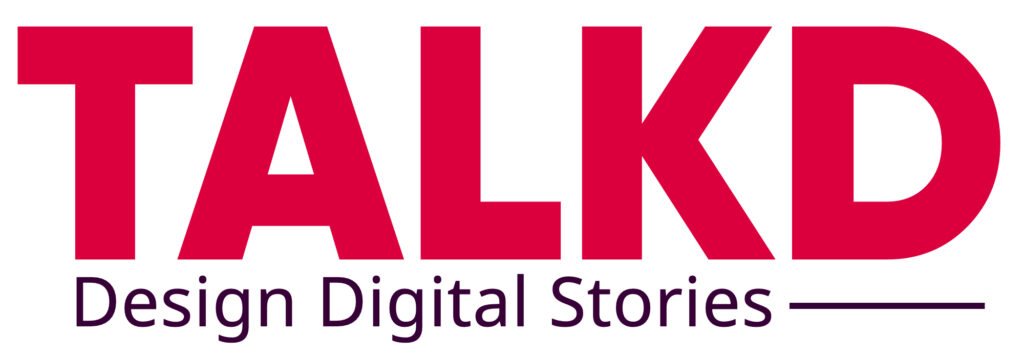
A 4-Minute Read
First up, there’s no such thing as a bad customer, just bad scenarios, which make people act differently. These situations are inevitable. Here are some of the practices you could follow to avoid them.
1. No paperwork, No Project
Never start any project without paperwork. MSAs and SoWs are the foundation for project success. If they are not formed, the whole thing will fall with one bad meeting. These therefore have to be explicitly understood and agreed upon.
2. Understand Expectations, Not Adjectives
Work on expectations, not adjectives. ’Wow’-factor, ‘superb’ website, ‘awesome design’, and ‘Kickass’ UI are all worth nothing if you haven’t defined and understood them perfectly. Engage with your clients right from the initial phase to chart out a clear set of feasible expectations.
3. Written Communication matters
Calls are good and meetings are fine. But to maintain accountability, every communication and decision SHOULD go on record through documentation. When things go south, it is this precaution that proves useful.
4. Sign-offs for Success
Approvals can be deceiving. Sign-offs however are accountable. Written confirmations always help in progressing the project without any disputes. Keep taking sign-offs on sprints to ensure transparency.
5. Milestones before Mountains
Mountains are not built in a day. Begin with smaller milestones, on a weekly or fortnightly basis. Get approvals and sign-offs on them, and move ahead. Smaller project sprints lead to seamless completion and quality work.
6. Simpler Milestones for Payments
The most debated issue can be solved through simpler milestones. Keep the payment agreements crystal clear. 50% Advance, 50% on project completion works best. Complex payment milestones add to the confusion.
7. One POC. One face from the Client
Too many cooks will spoil the broth. It always helps to have a minimum number of POCs for the project to proceed smoothly. Feedback can be taken from multiple sources, but sign-offs HAVE TO BE limited to a minimum number, preferably one.
8. Arbitration Clause – Always!
Disputes over project quality, timelines, and deliverables are always possible to happen. Rather than figuring out what to do then, it’s always better to be legally prepared. In the event of any dispute, the Arbitration Clause lays out ways to settle it, either in court or outside through a mutual influencer. A clearly described Arbitration Clause has to be therefore prepared and agreed upon.
9. Do not deviate from the SoW
This important document contains everything from Scope of Work to Payment Schedules. Its purpose is to ensure effective project management. Deviating from it is like refusing to call a spade a spade.
10. Understand the Person, not the Position
It probably wouldn’t make a difference if your client is an MNC. But their decision-maker being a control freak matters a lot. Studying the nature of the key person, therefore, helps you speak their language.
11. Return the Empathy
Being too much of anything will never help you. Rather, return the empathy. There’s no point in empathizing with a person who doesn’t reciprocate the effort. Understand and negotiate, never give in, and comply.
Bad situations, and thereby bad customers can never be predicted. What can be done is following these failsafe practices, which ensure a good experience overall.



